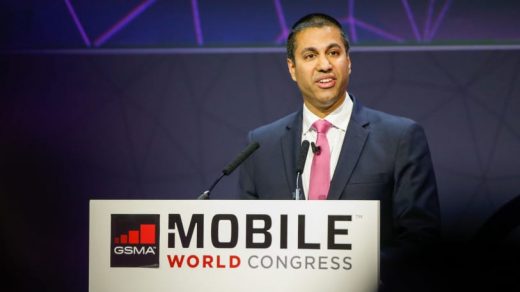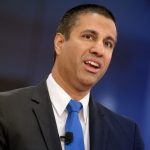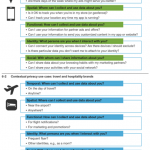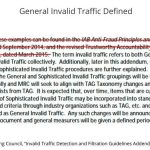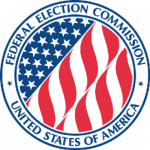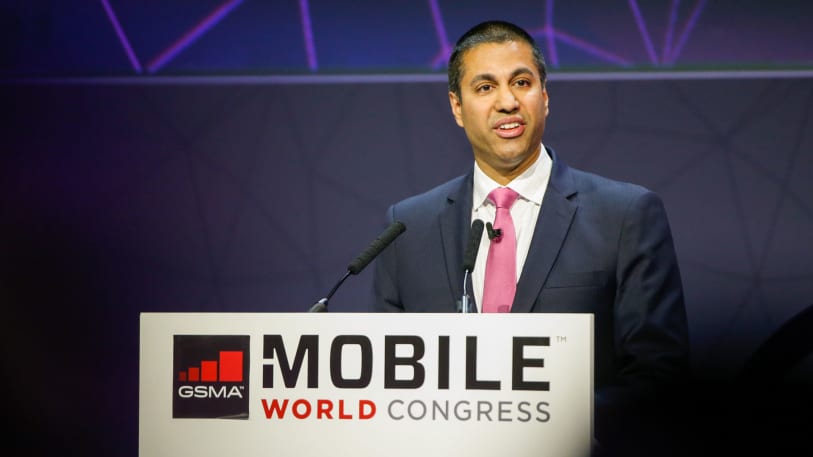Net Neutrality Lite? The FCC May Reduce, Not Repeal, Open Internet Order
Many in the media are already writing the epitaph for net neutrality in the Trump era. And it’s true that with every new press release and statement out of the Federal Communications Commission (and they’re coming fast and furious) it’s become pretty clear that new chairman Ajit Pai is aligning the agency with Donald Trump’s business-friendly and less consumer-friendly agenda.
But six weeks into the new administration, it seems less and less likely that Pai has it in mind to completely kill the network neutrality principles embodied by ex-chairman Tom Wheeler’s 2015 Open Internet Order. The commission approved the order with a 3-2 vote along party lines, with Pai dissenting.
The order effectively classified broadband as a public utility, and restricted big ISPs like Comcast and Verizon from selling online “fast lanes” to big internet companies. It also prohibited the ISPs from slowing down (throttling) or blocking (legal) internet traffic based on the content of the data packets.
Ted Cruz once characterized network neutrality principles as “Obamacare for the Internet,” and he may have been more right than he knew. In fact, Republicans might try the same reduce-not-replace approach to the order that they’re now proposing as an answer to Obamacare. Pai and his GOP friends might favor an Open Internet Order “Lite.”
Pai is more likely to to scale back the effects of the order, rather than pushing the commission to withdraw it or asking Congress to pass legislation that overrides it, two commission insiders who insisted on anonymity told Fast Company.
Pai may “soften” the order by allowing broadband carriers some kinds of web traffic prioritization or throttling under clearly defined conditions, one source said. For example, if a broadband customer is paying for 100 megabit-per-second broadband service, the provider might be allowed to prioritize some kinds of bandwidth-sensitive traffic (like video) in order to meet the speed promise.
Because the net neutrality order is now final, and because it’s already survived a legal challenge in federal appeals court, it would be hard to reverse, says a lawyer familiar with the workings of the FCC. It might take action in Congress to do it, and, the source pointed out, neither Congress nor the Trump administration have indicated that that is a high priority right now.
Opponents of the Open Internet Order have always argued that denying broadband carriers the right to charge internet companies for expedited carriage takes away their incentive to invest in the speed and capacity of their networks. (Although they’ve had trouble proving that such a “chilling effect” has actually occurred.) By the same logic, one source pointed out, big internet companies like Netflix and Amazon might argue that a return to internet toll booths and increased traffic delivery costs might stifle investment in new “over the top” internet services.
The broadband carriers have very real financial incentives to lobby for fast lanes. They’re currently riding the wave of hype around the next big thing in network service, 5G, and eventually the carriers are going to have to pay for the network upgrade. Network-wide upgrades require a big capital expenditure, and, traditionally, Wall Street hates it. The carriers might have an easier time maintaining their stock prices during such an upgrade if they’re collecting internet tolls.
There are other ways to “lighten” Wheeler’s order. Regulatory agencies like the FCC can write new rules, and they can decide how vigorously to enforce existing ones. The FCC under Pai might do a little of both. With the current Republican majority, it may be possible to administratively reverse specific parts of the Open Internet Order within the agency, without the involvement of Congress. The FCC may have even more room to move when it comes to deciding how to enforce parts of the order.
Such “selective enforcement” can also be applied to carrier practices that seem to exist in a gray area between network-neutral, and those that are not so neutral. A case in point is “zero-rating,” an ISP marketing practice that allows end users to use certain carved-out services (like Facebook or some music streaming service) without counting the data use against their monthly cap.
There’s been lively debate over whether zero-rating tacitly favors one type of traffic over another. The Republican commissioners, Pai and Michael O’Brien, have been outspoken in their belief that zero rating is pro-consumer and essentially network-neutral. The commission under Pai might specify in a ruling that zero rating doesn’t violate network neutrality. Or, more likely, it will stay silent on the issue, allowing the carriers to “self-regulate” the practice.
Whatever Pai has in mind, we’re not going to see anything big happen at the FCC until the current spectrum auction is over. Meanwhile, Congress remains distracted by Trump drama, and will be consumed by the fight over the Affordable Care Act for some time.
So yes, for now at least, the reports of net neutrality’s death may indeed be greatly exaggerated.
Fast Company , Read Full Story
(39)

